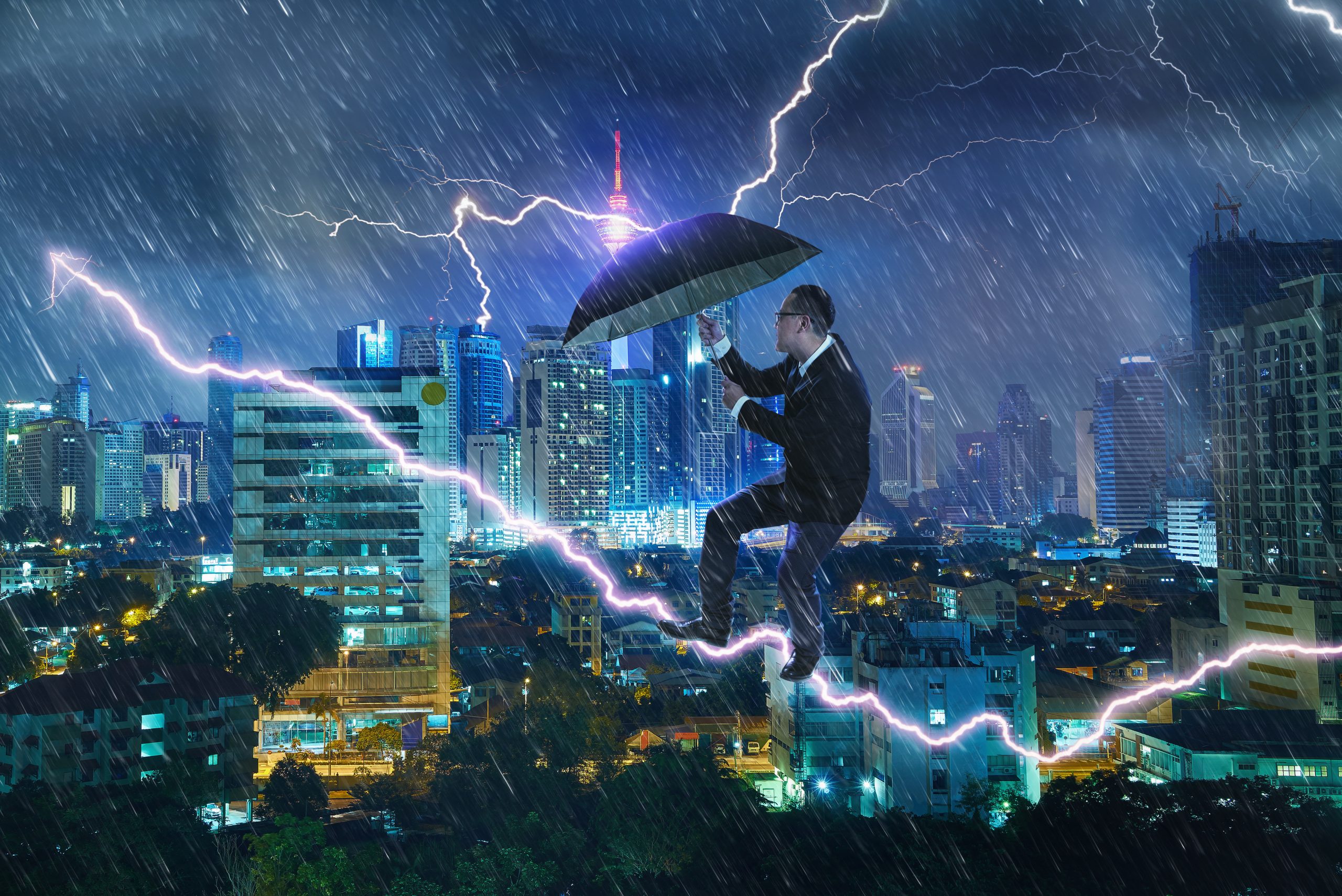Survival Basics are essential skills that can help you stay alive in any emergency situation. Whether it’s a natural disaster, a man-made crisis or an unexpected accident, being prepared is the key to surviving and thriving even under extreme conditions. In this blog post, we will cover some of the must-know survival tips that could save your life one day.
The Psychology of Survival: Staying Calm and Focused in an Emergency Situation
In any emergency situation, the first thing you need to do is keep calm and focused. Panic and fear can cloud your judgment and make it difficult to think clearly. You need to stay levelheaded and make rational decisions if you want to increase your chances of survival. One way to achieve this is by practicing mindfulness techniques such as deep breathing exercises or meditation. These practices can help you stay centered and reduce stress levels during times of crisis.
Essential Survival Skills for Any Emergency Situation
There are several essential survival skills that everyone should know. Firstly, you need to be able to start a fire quickly and efficiently. This can be done using various methods including matches, lighters, flint and steel or magnesium sticks. Secondly, you need to know how to find clean drinking water in the wild. Water purification tablets or filters can come in handy here. Thirdly, you need to know basic first aid techniques such as CPR, wound dressing and bandaging. Fourthly, you need to have knowledge about edible plants and animals in your area so that you can sustain yourself until rescue arrives. Finally, navigation skills like map reading and compass use are crucial when lost in unfamiliar terrain.

Building a Survival Kit: What You Need to Know
A well-prepared survival kit can mean the difference between life and death in an emergency situation. Your survival kit should include items that can help you stay warm, dry, hydrated and fed. Some essentials to consider adding to your kit include high-energy snacks, water bottles, rain gear, blankets, flashlights with extra batteries, knives, ropes, and signaling devices like whistles or mirrors. It’s also important to customize your survival kit based on the specific risks and challenges of your environment. For example, if you live in an earthquake zone, you may want to add seismic sensors to your kit. If you live near bodies of water, you may want to add floatation devices and waterproof bags. Remember, preparation is everything when it comes to survival.